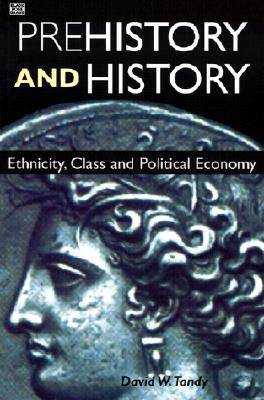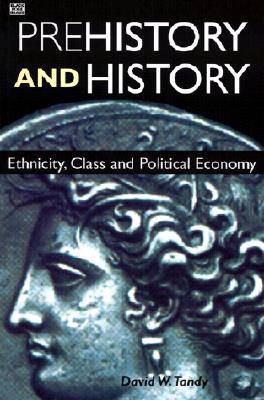
- Afhalen na 1 uur in een winkel met voorraad
- Gratis thuislevering in België vanaf € 30
- Ruim aanbod met 7 miljoen producten
- Afhalen na 1 uur in een winkel met voorraad
- Gratis thuislevering in België vanaf € 30
- Ruim aanbod met 7 miljoen producten
Zoeken
Omschrijving
A careful application of Karl Polanyi's approach to the economies and communities of ancient peoples. Robert Kuttner, in the New York Times Book Review, February 28, 1999, observed that even those on the right have taken up criticism of undermanaged and unrestrained global capitalism. He concluded: "The seminal work in this tradition is Karl Polanyi's 1944 masterpiece, The Great Transformation, which is overdue for rediscovery." Stretching from the Mycenaean Greeks of the second millennium to the Athenians of the fourth century B.C.E., this volume features the work of prominent scholars in the fields of classics, history, and archaeology. The essays stem from the International Karl Polanyi Conference held in Montreal, and from the joint meetings of the Archaeological Institute of America and the American Philological Association. What they have in common is a careful application of Karl Polanyi's approach to economies and communities. They look at how ancient communities generated and managed their resources; how they acquired and how they allocated; and, how they talked about these activities and thereby integrated these activities into their everyday lives. Essays include a study of the Bronze Age site of Glykys Limin in Epirus; the economy of Iron Age Cyprus; the nature of early Greek economic development, with a particular emphasis on a Greek settlement on the mouth of the Nile; traders and the economy of Athens in the fourth century B.C. and the idea of ethnic identity, as much a function of the nineteenth century as of the ancient world itself. Abstracts/Contributors include: Thomas Tartaron, Jeremy McInerney, David W. Rupp, Astrid Moeller, Darrel Tai Engen. David Tandy is Professor of Classics, University of Tennessee, Knoxville, TN and editor of, with Colin Duncan, From Political Ecology to Anthropology, (Black Rose Books, 1994). Volume 10 of Critical Perspectives on Historic Issues
Specificaties
Betrokkenen
- Auteur(s):
- Uitgeverij:
Inhoud
- Aantal bladzijden:
- 202
- Taal:
- Engels
- Reeks:
Eigenschappen
- Productcode (EAN):
- 9781551641881
- Verschijningsdatum:
- 25/03/2022
- Uitvoering:
- Paperback
- Formaat:
- Trade paperback (VS)
- Afmetingen:
- 152 mm x 229 mm
- Gewicht:
- 3039 g

Alleen bij Standaard Boekhandel
+ 56 punten op je klantenkaart van Standaard Boekhandel
Beoordelingen
We publiceren alleen reviews die voldoen aan de voorwaarden voor reviews. Bekijk onze voorwaarden voor reviews.











